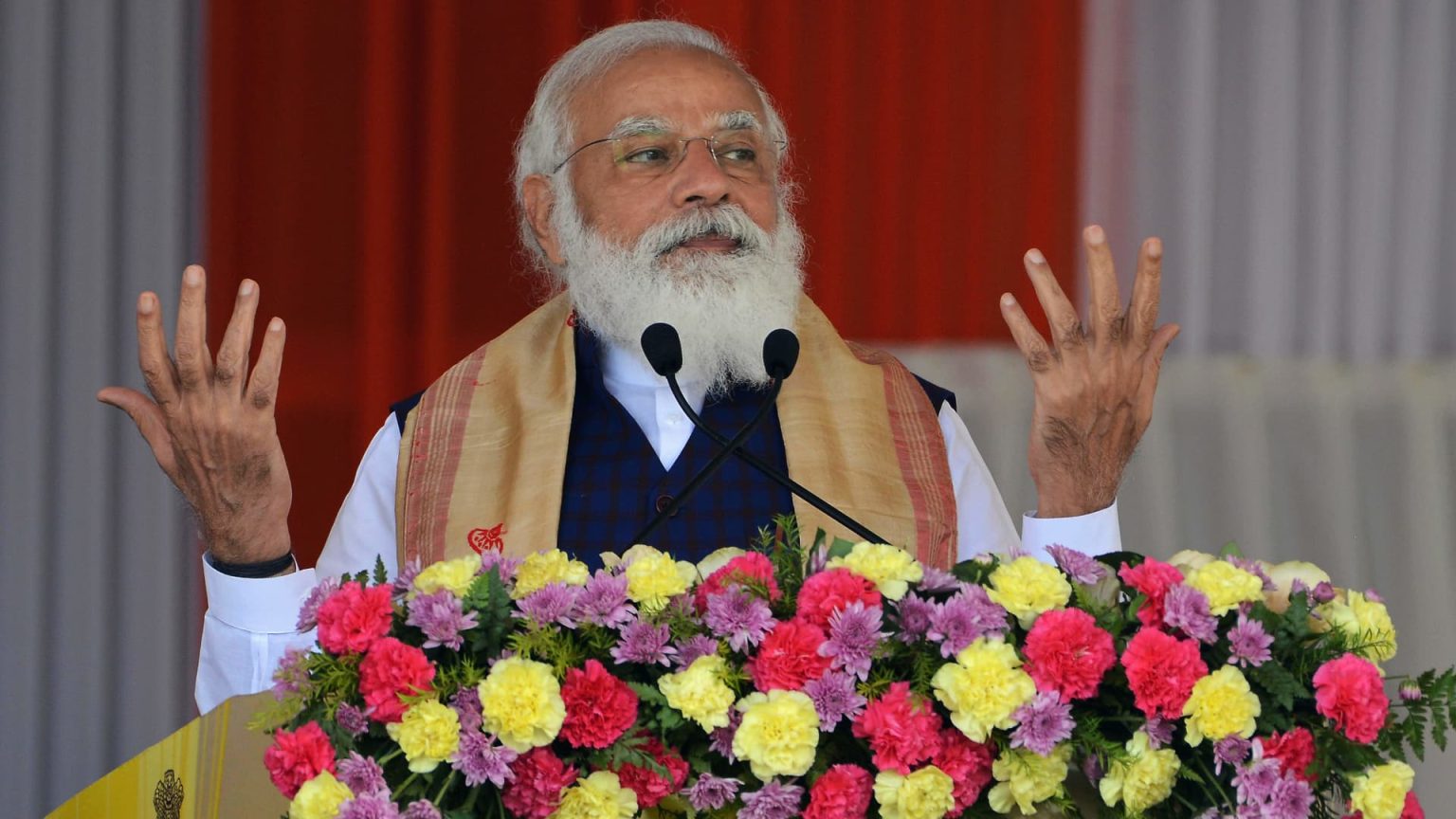India’s Prime Minister Narendra Modi appears to be on track for a rare third consecutive term in power, as local exit polls suggest that his Bharatiya Janata Party-led alliance will secure a parliamentary majority. According to an exit poll summary by local news channel NDTV, the BJP-led National Democratic Alliance is expected to secure around 365 out of the 543 seats in the lower house of parliament. Final results are expected on Tuesday and can diverge from the exit poll projections. If confirmed, Modi will serve for another five years as India’s prime minister, continuing a tenure that began in 2014.
India’s recent elections, which involved nearly a billion eligible voters, took place over seven phases spanning six weeks. The country has a total of 543 contested seats in the lower house, with the party or coalition that wins at least 272 votes forming the government. Under Modi’s leadership, India has experienced robust economic growth and gained global recognition. With a population of 1.4 billion, India boasts one of the fastest-growing economies globally, expanding by 7.2% in the fiscal year 2022-2023 and achieving the second-highest growth rate among G20 countries. Projections by the International Monetary Fund suggest continued growth for India in the coming years.
Economists express optimism about India’s growth trajectory under Modi’s governance. Sujan Hajra, chief economist at Anand Rathi Share and Stock Brokers, believes that the country can sustain a growth rate of 7%-7.5%, emphasizing the importance of infrastructure improvement to boost growth. The BJP’s manifesto for the upcoming term includes pledges to propel India into the top three world economies, tackle poverty and corruption, and create new growth opportunities. However, critics warn of signs of democratic backsliding and concerns about religious divisions and unemployment persist.
During the recent election campaign, Modi faced criticism for making divisive remarks against Muslims, and concerns about rising unemployment were a prominent issue. A survey by the Centre for the Study of Developing Societies found that unemployment was the top concern for 27% of respondents, with 62% stating that it had become more challenging to find a job in the last five years. Modi expressed confidence in the BJP and the National Democratic Alliance securing 400 seats, but analysts suggest that as long as he maintains close to the 303 seats won in 2019, his administration would still be viewed positively by the equity market.
Despite challenges and criticisms, global leaders remain optimistic about India’s economic growth prospects under Modi’s leadership. The prime minister has outlined ambitious goals for the country’s economy and development in the coming years. As the final results of the election are awaited, the potential for India’s continued growth and progress remains a significant focus for observers and investors alike.


